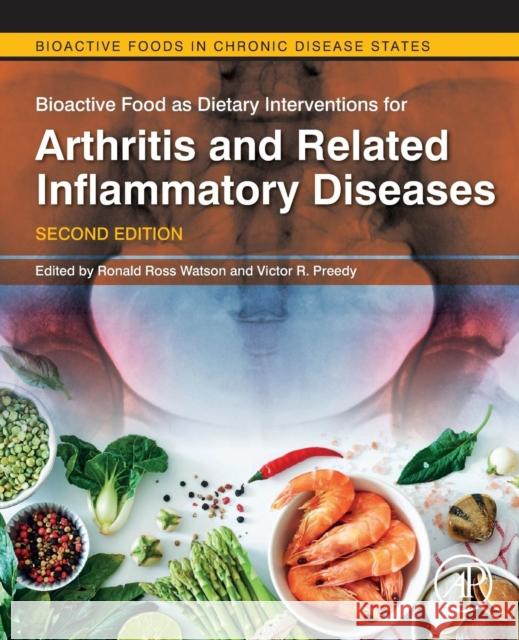Bioactive Food as Dietary Interventions for Arthritis and Related Inflammatory Diseases » książka
topmenu
Bioactive Food as Dietary Interventions for Arthritis and Related Inflammatory Diseases
ISBN-13: 9780128138205 / Angielski / Miękka / 2019 / 628 str.
Kategorie BISAC:
Język:
Angielski
ISBN-13:
9780128138205
Rok wydania:
2019
Ilość stron:
628
Waga:
1.06 kg
Wymiary:
23.5 x 19.1 x 3.23
Oprawa:
Miękka
Wolumenów:
01
Dodatkowe informacje:
Wydanie ilustrowane











